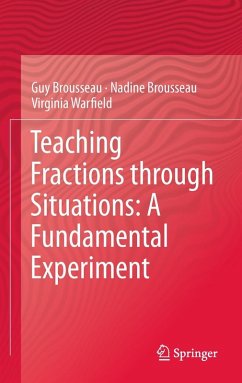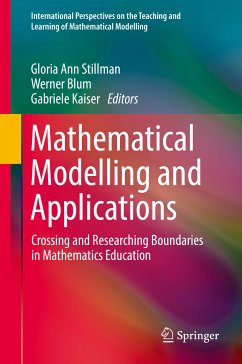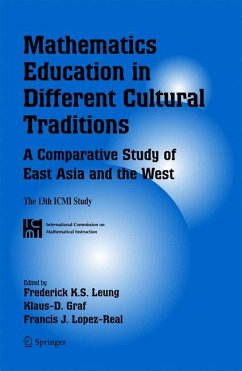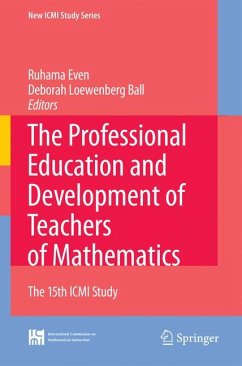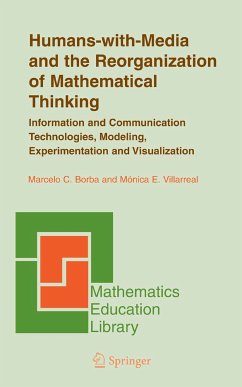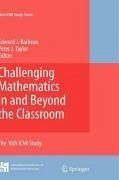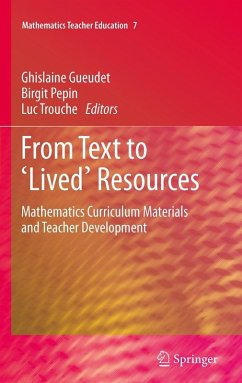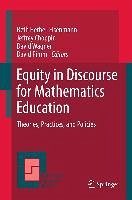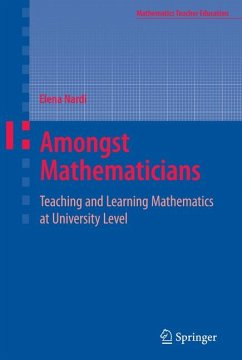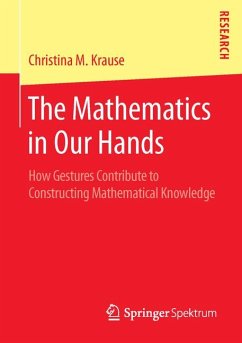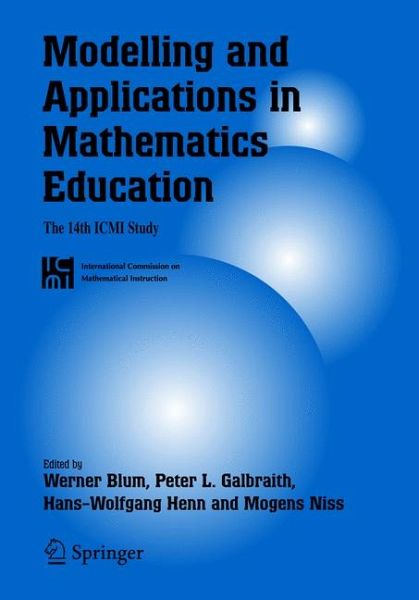
Modelling and Applications in Mathematics Education (eBook, PDF)
The 14th ICMI Study
Redaktion: Galbraith, Peter L.; Niss, Mogens; Henn, Hans-Wolfgang

PAYBACK Punkte
40 °P sammeln!
Among the themes that have been central to mathematics education dur ing the last 30 years are those of mathematical modelling and applications of mathematics to extra-mathematical fields. More generally we refer to these as relations between mathematics and the extra-mathematical world (some times also called the "real world") or preferably, according to Henry PoUak, the "rest of the world". That applications and modelling have been important themes in mathematics education can be inferred from the wealth of litera ture on these topics, including material generated from a multitude of na tion...
Among the themes that have been central to mathematics education dur ing the last 30 years are those of mathematical modelling and applications of mathematics to extra-mathematical fields. More generally we refer to these as relations between mathematics and the extra-mathematical world (some times also called the "real world") or preferably, according to Henry PoUak, the "rest of the world". That applications and modelling have been important themes in mathematics education can be inferred from the wealth of litera ture on these topics, including material generated from a multitude of na tional and international conferences. In particular let us mention firstly the ICMEs (the International Congresses on Mathematical Education), with their regular working or topic groups and lectures on applications and modelling; and secondly the series of ICTMAs (the International Conferences on the Teaching of Mathematical Modelling and Applications) which have been held biennially since 1983. Their Proceedings and Survey Lectures, have addressed the state-of-the-art at the relevant time, and contain many exam ples, studies, conceptual contributions and resources involving relations between the real world and mathematics, for all levels of the educational system. In curricula and textbooks we find today many more references to real world phenomena and problems than, say, twenty years ago.
Dieser Download kann aus rechtlichen Gründen nur mit Rechnungsadresse in A, B, BG, CY, CZ, D, DK, EW, E, FIN, F, GR, HR, H, IRL, I, LT, L, LR, M, NL, PL, P, R, S, SLO, SK ausgeliefert werden.



